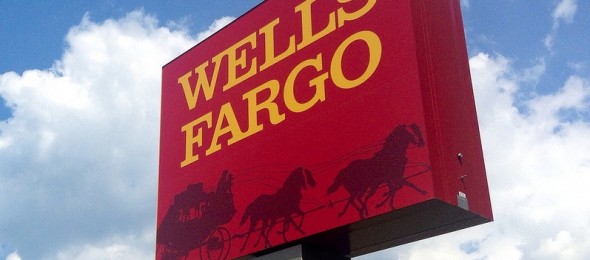Jeff Sovern, Professor of Law at St. John’s University School of Law, has written “Free-Market Failure: The Wells Fargo Arbitration Clause Example,” 70 Rutgers U.L. Rev. (Forthcoming); St. John’s Legal Studies Research Paper No. 17-0004. In his journal article, Professor Sovern examines the availability of class arbitration in the context of financial institutions.
Here is the abstract:
In September 2016, regulators charged Wells Fargo with opening millions of unauthorized accounts on behalf of its customers. When some of those customers filed class actions against Wells, the bank initially responded by moving to compel arbitration on the ground that the consumers had agreed to arbitrate disputes and waive their class action rights. Because most customers with claims in small amounts would probably have foregone filing an arbitration claim, the effect would have been to leave their damages uncompensated except for the refunding of fees, which Wells agreed to in the consent order it entered into with regulators.
The Consumer Financial Protection Bureau has proposed a regulation which, if it had been in effect at the relevant time, would have enabled the injured Wells customers to obtain class action relief. But the proposed rule is encountering objections in Congress, based partly on free-market economic theory. This Article argues that free-market economics is not sufficient to protect consumers from the type of problem present in the Wells Fargo case for two reasons. First, free-market economics assumes that consumers have complete information while empirical evidence shows that consumers do not understand arbitration clauses, much less that consumers realize that such clauses would bar class actions as to fraudulent accounts that the consumers did not know about. Second, the number of primary checking accounts at Wells consistently increased as the fraud became public, suggesting that the free market did not discipline Wells for its misconduct until regulators intervened, and did so only modestly at that point. It is even possible that by enforcing arbitration clauses as written, free-market economics prolonged the Wells fraud, thus enabling more consumers to be injured.
In short, some device beyond the free market is necessary to prevent financial institutions from cheating many consumers out of small amounts. Class actions are one such device, but arbitration clauses as currently enforced enable financial institutions to prevent their use, thus reducing their incentive to comply with the law.
This and other research papers authored by Professor Sovern are available for download from the Social Science Research Network.
Photo credit: JeepersMedia via Foter.com / CC BY














